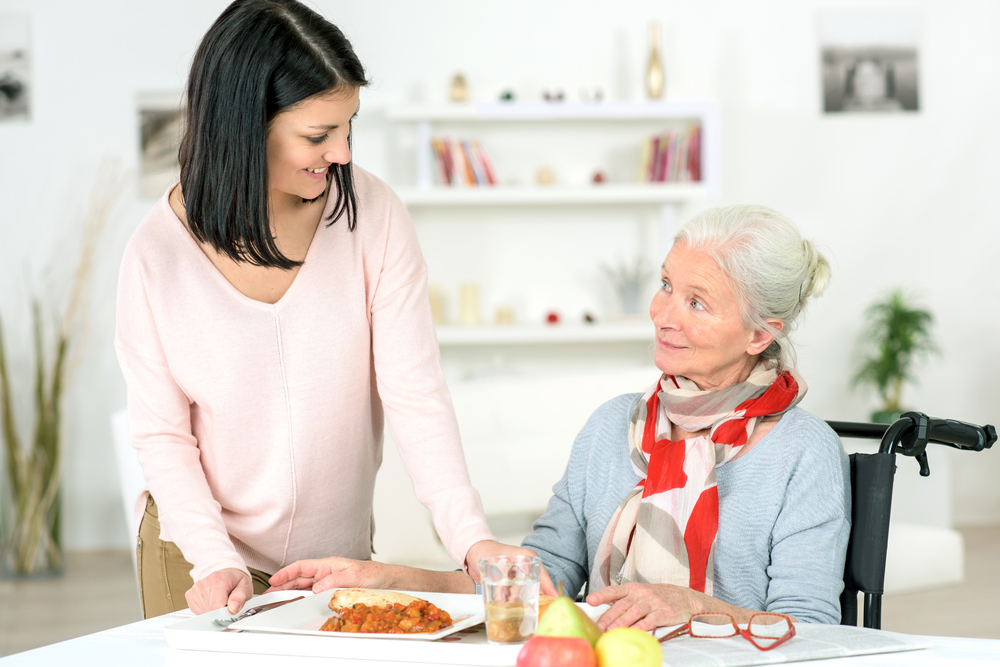It can be stressful if your elderly parent loses their appetite or refuses to eat. You’re concerned they aren’t getting the nutrition they need. And if your elderly parent is prone to sickness or already sick, that concern gets magnified.
If you’re feeling unsure of what to do, here are some simple tactics you can try today to make sure your senior parent gets fed appropriately.
Consult a Doctor
When you notice your elderly parent isn’t eating, it’s important to rule out any serious health issues. You’ll need to address the medical problem first if it’s the primary reason they won’t eat.
If they have a medical condition already, learn how that could impact their desire to eat. Some medications could also produce side effects that make eating less pleasurable, which you’ll want to recognize.
A doctor may also recommend an appetite stimulant, which could help your parent considerably.
Stick to a Schedule
Humans thrive on routine, so eating at the same time every day could help your parent’s body expect to eat. Because the ability to feel hunger declines as you get older, waiting until a senior says they’re hungry isn’t a reliable method.
Instead, focus on a well-rounded meal schedule with some snacks in between. Centers for independent living in Bradenton, Florida, can offer reliable meal schedules to help your parent stay on track with their caloric consumption.
Notice What’s Working
Figure out what’s working in your parent’s diet and use that as a leaping-off point. For instance, do they like what you serve them for breakfast? Are they hungrier in the mornings?
Asking and answering these kinds of questions will help you track patterns that you can use to your advantage. Just as recognizing what’s working is helpful, it’s equally important to avoid things that don’t work.
Get Creative
Some experimentation may be necessary if your elderly parent struggles to eat. Ask them about what they like and why. See if there’s a way you can incorporate their answer into their diet in a healthy way. Approach the subject with genuine interest and care; help them remember what they love about certain foods and why.
If there’s ever a day when they don’t want to eat anything you offer them, you’ll always have a trick up your sleeve. To increase nutrient density, think about where you can add extra healthy calories that won’t bulk up the meal. Avocado or olive oil is fantastic for this.
Focus on the Why
Sometimes mealtime can be just as frustrating for your parent as for you. If they’re frustrated because they can’t use utensils, try serving food that can be easily eaten without them.
Portion size can also be an issue for seniors, so don’t be afraid to serve smaller portions of nutrient-dense meals throughout the day. Accessible snacks like pre-cut fruit or cheese and crackers are delicious and easy to throw together.
For seniors who have difficulty chewing, cut smaller pieces or introduce healthy smoothies that are well-balanced with fruits and vegetables.
Dine Together with Independent Living in Bradenton, Florida
Eating alone can be dull or even upsetting for anyone, let alone the elderly. Try enjoying a meal with your parent if you can. It’s even better if you can take them to a restaurant they love or get together for lunch with an old friend.
Consult with centers that focus on independent living in Bradenton, Florida. Many senior and community centers have cafes and restaurants that might encourage your parent to grab a bite to eat.





